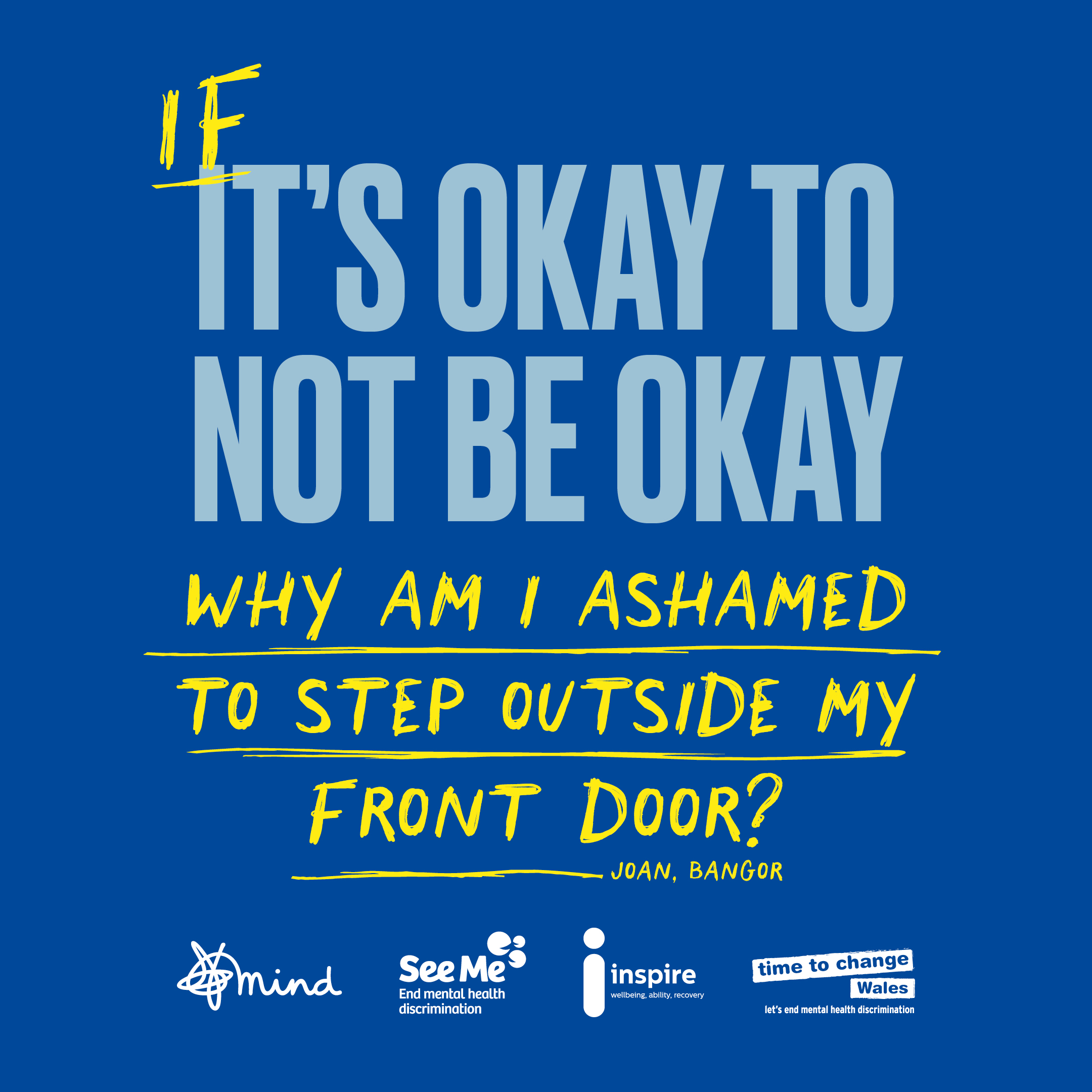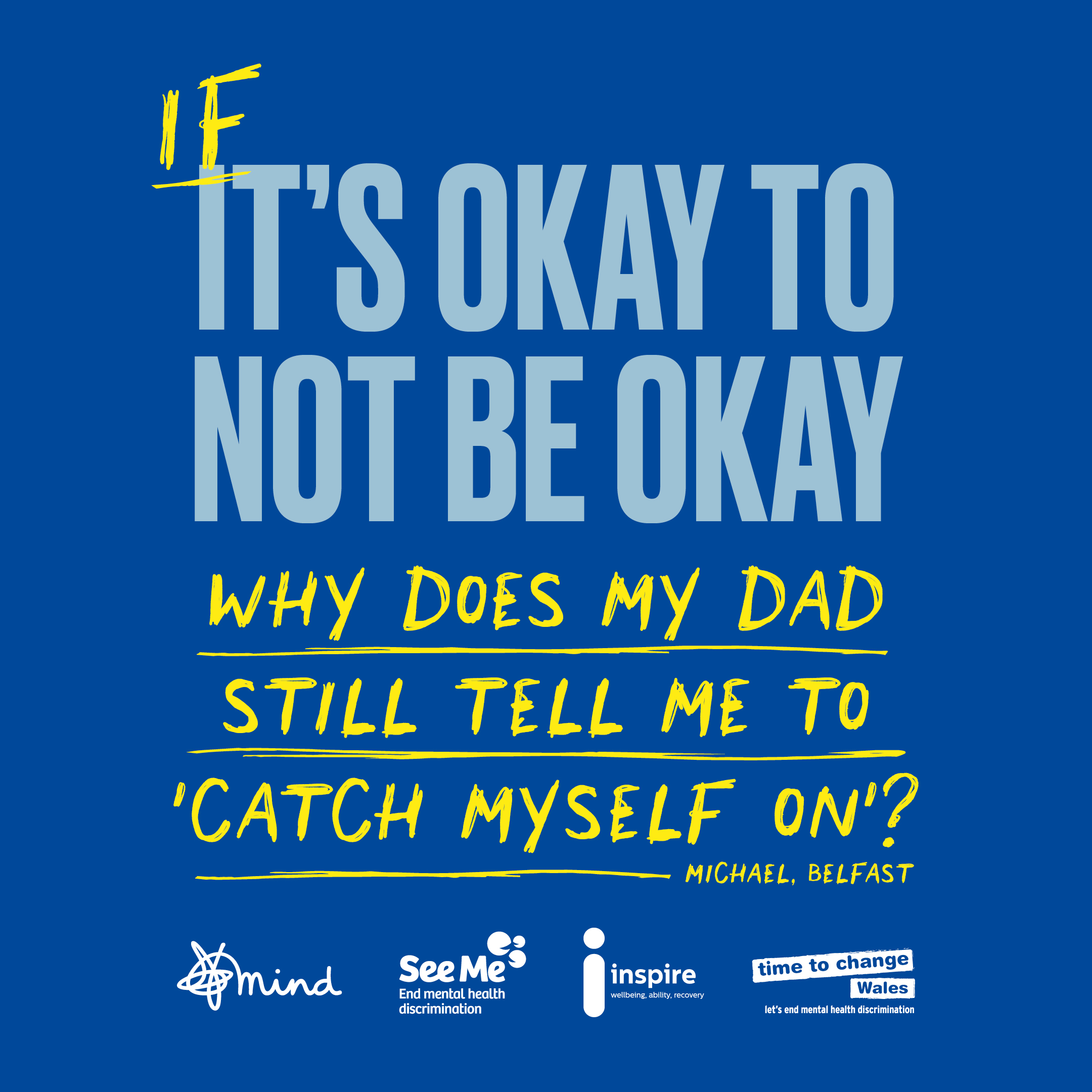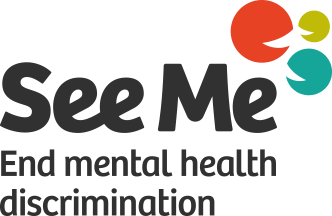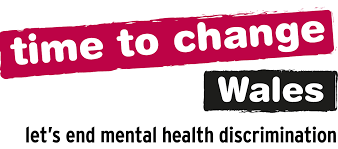What is the If It’s Okay campaign?
The effect of shame means many people hide mental ill health, even from family members and close friends. This can stop a person from getting the help and support that they need, leave them feeling alone and lead them to avoiding opportunities their peers may take for granted.
To change this, members of the Anti-Stigma Alliance have created If It’s Okay, a campaign running across England, Northern Ireland, Scotland and Wales.
“It’s okay not to be okay” is one of the most famous lines in mental health campaigning. But, for many people struggling with mental illness, that might not always ring true. Those living with more complex or long-term conditions may find that they are judged, dismissed, isolated and discriminated against, even when they want to talk about the things they are going through. Rather than feeling like it’s okay not to be okay, they are made to feel shame. (What is shame?)
Polling carried out across Northern Ireland, on behalf of the alliance, found that 64% of people with experiences of mental ill health have felt shamed because of it. You can read more about our survey here.
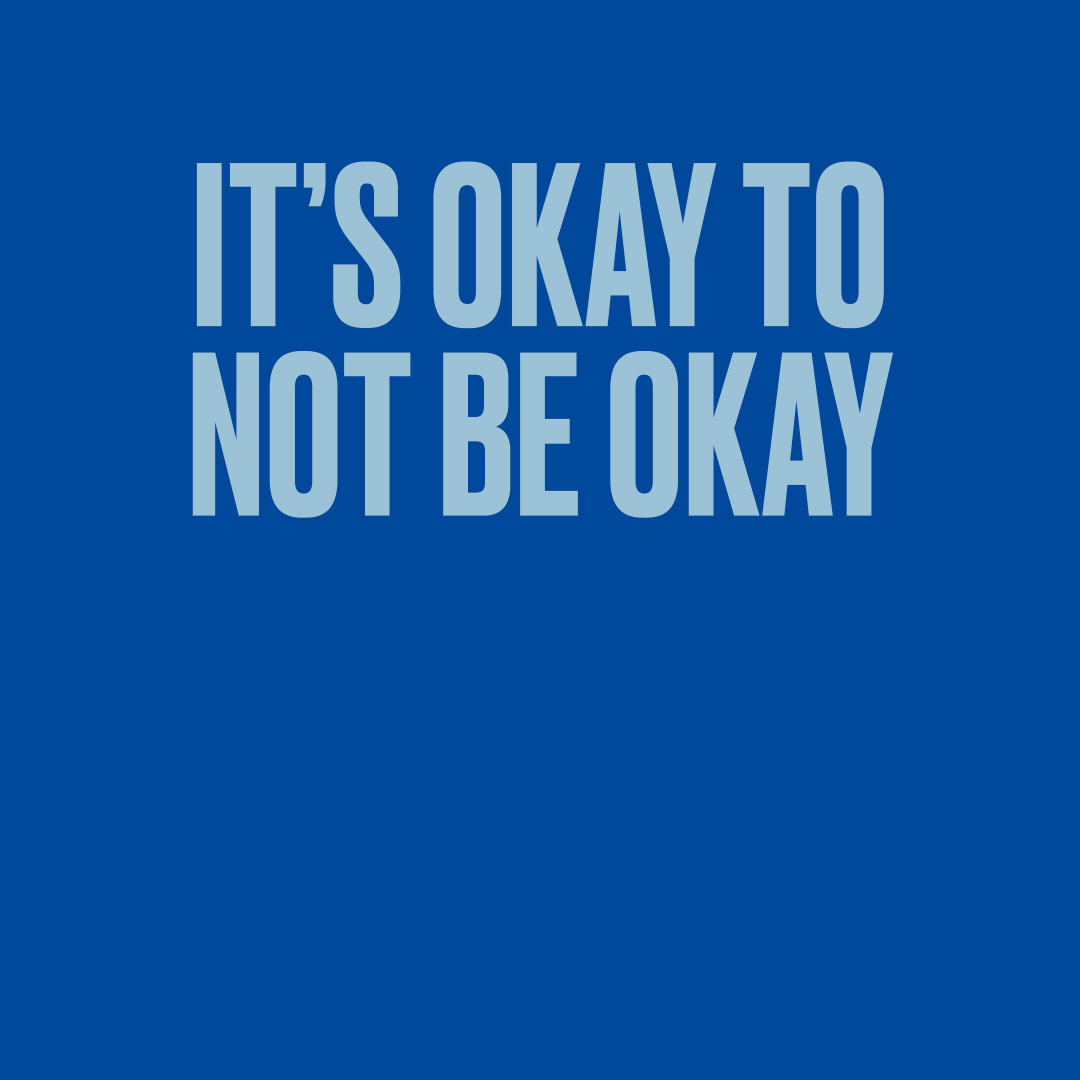
This campaign wants to give those individuals a voice. It wants to look at the ongoing impact of stigma and shame. People from all over the UK have written about moments when they have felt that it wasn’t okay to be okay. We are sharing these testimonies on posters in over 150 locations across the four regions, as well as on social media. So, keep your eyes peeled.
Maybe someone close to you is struggling and feeling shame. Remember: you can play your part in changing that. We all can.
If it’s okay not to be okay, why are people still facing discrimination?
Hear from those with lived experience
I’ve felt shame all my life because of my mental health. I have felt self-shame and guilt when I became unwell. I felt shame from people I know when they realised I had a mental illness. If it’s okay not to be okay, then why do we need this campaign? There is still a lot of judgement from people and mental health is still misunderstood. If you are needing support, reach out for help, stand up, speak out and fight for your mental health.
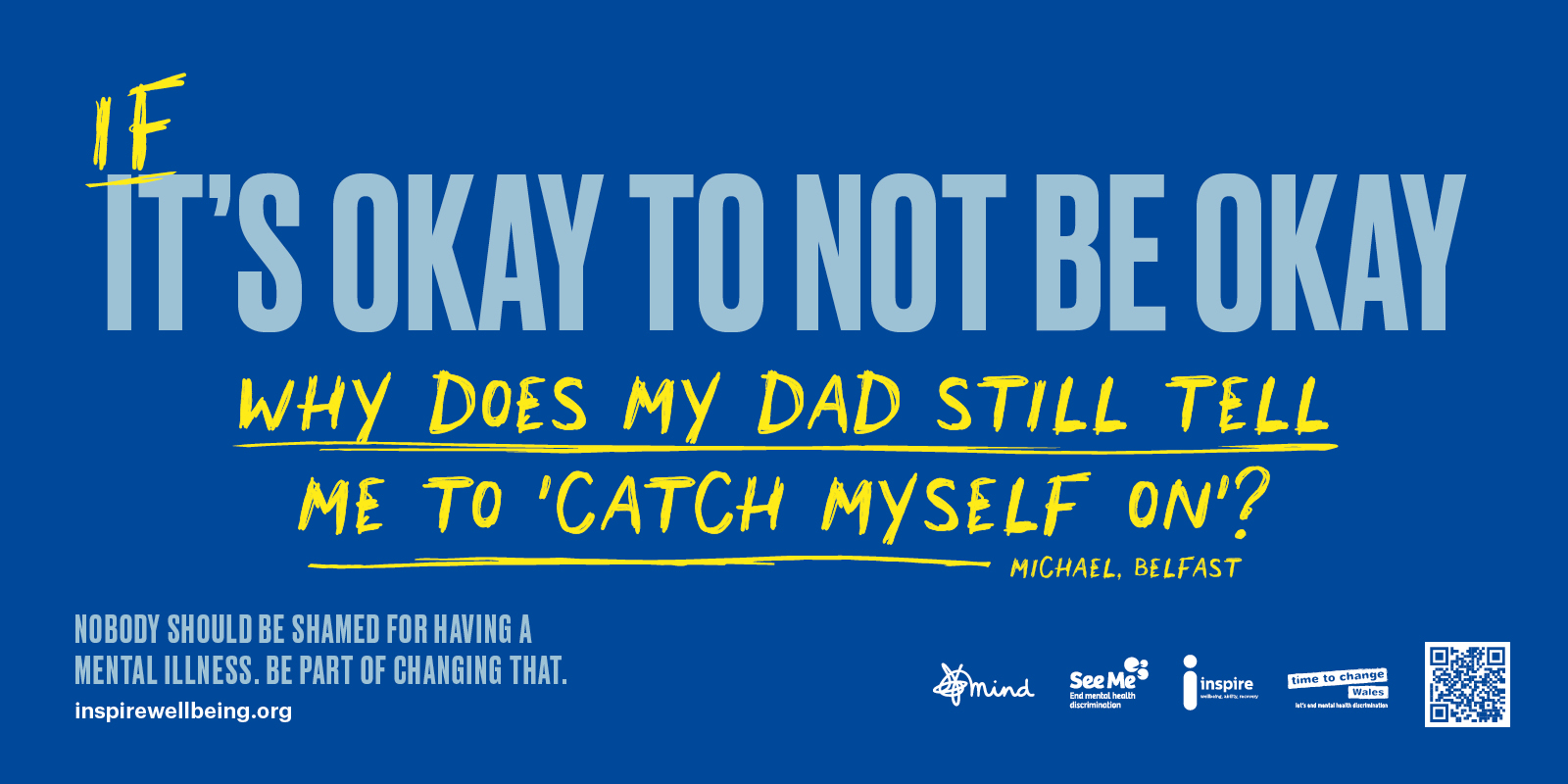
Need Support
We are here for you. If you’re over 18 and live in Northern Ireland, get in touch with our Advocacy for All service:
-
Freephone 0808 189 0036
-
Use our webchat
-
Email hello@inspirewellbeing.org
Our phonelines and webchat are open from 10:00 am to 4:00 pm, Monday to Friday.
What can you do?
- If you think someone you know is feeling shame
- If you are or feeling shame
- Help promote the campaign
- We can check our own attitudes and behaviour to see if we are maybe causing someone to feel shame. Think about how you responded when someone has told you that they are struggling. What impact did your reaction have?
- Start a conversation with someone if you’re worried about them. If they are feeling shame, starting a conversation can be difficult. Why not reach out and make it easier? Get tips here.
- Perhaps you felt shame at some point in the past and can help another person by relating to what they are going through. Start a conversation, listen and, if you think it will help, let them know about your own experiences. That should help them feel less alone.
- Find out more about shame by understanding what it means for those living with serious mental illness.
- Start a conversation with someone. Talk about what you’re going through. Find someone you can trust and speak to them about how you feel. Get tips here.
- Self-compassion is key to avoiding feelings of shame. There are a few ways we can practise self-compassion and it starts with knowing that we deserve help, support and care. Make time for yourself, from spending time with friends and family to going for a walk, relaxing in the bath or having a massage. Whatever it is, give yourself the time that you know you deserve. There are also specific actions that promote self-compassion, including mindfulness-based stress reduction and compassionate mind training.
- Get support for your mental health.
- Share your own ‘If it’s okay…’ story on social media, using #IfItsOkay.
- Share If It’s Okay assets on social media and demonstrate your support using #IfItsOkay. You can download these resources below.
- Watch out for the language others use and the ways in which mental illness is portrayed all around you. Let’s speak up.
- Take a pic of one of our posters and tell everyone what you do to tackle shame.
- Tell us how you show self-compassion.
Social media assets for download
